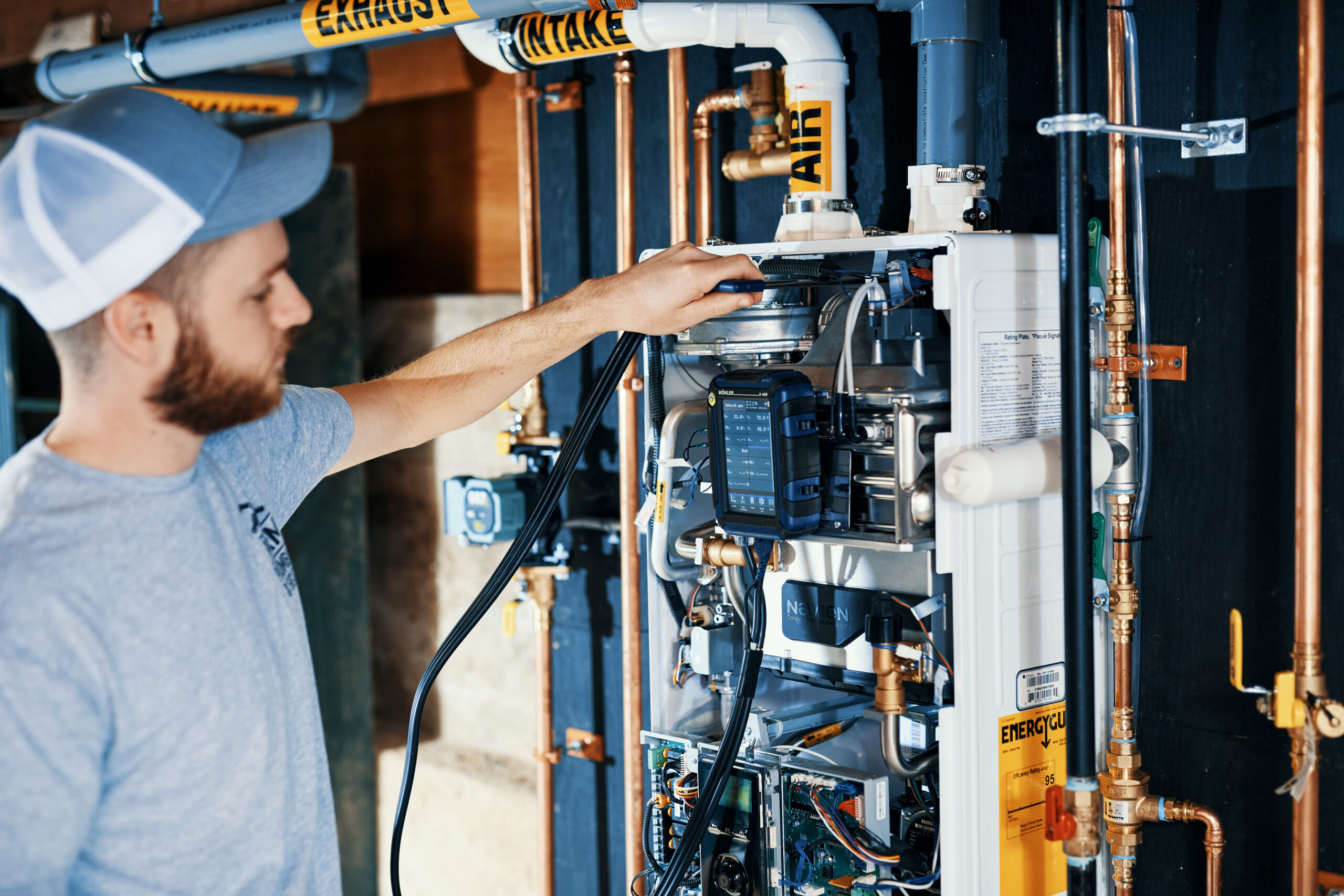The Hidden Dangers of DIY Plumbing: Why You Should Leave It to the Professionals
In today’s world of online tutorials and step-by-step guides, many homeowners feel confident taking on home improvement projects themselves. When it comes to plumbing, the motivation for a do-it-yourself (DIY) approach is understandable—saving money, gaining a sense of accomplishment, and the convenience of addressing issues immediately without waiting for a professional. While minor tasks such as replacing a showerhead or unclogging a drain may be manageable, more complex plumbing jobs come with significant risks. What may start as an attempt to save money can quickly turn into an expensive and dangerous mistake.
The Risks of DIY Plumbing
Plumbing systems are intricate networks of pipes, valves, and fixtures that require expertise to properly install and repair. Without the right knowledge and tools, DIY plumbing projects can lead to a range of serious issues, including property damage, health hazards, and even legal consequences. Some of the major risks involved in attempting plumbing work without professional assistance include:
1. Leaks and Water Damage
One of the most common outcomes of DIY plumbing is an improperly sealed pipe, leading to slow leaks that go unnoticed until significant damage has occurred. Water damage can compromise the structural integrity of your home, cause mold growth, and lead to costly repairs. A small leak from a poorly connected pipe fitting may seem minor at first, but over time, it can lead to extensive damage behind walls, under floors, or in ceilings. Professional plumbers have the expertise to ensure connections are secure, preventing costly leaks before they start.
2. Health Hazards from Contaminated Water
Improperly installed plumbing can lead to cross-contamination between clean water and wastewater. Backflow issues, where dirty water flows backward into your clean water supply, pose a serious health risk to you and your family. Professional plumbers understand how to install backflow prevention devices and adhere to safety codes that protect your home’s water quality. Without the proper knowledge, DIY plumbing can expose your household to harmful bacteria and contaminants.
3. Gas Line Dangers
Some plumbing tasks, such as installing water heaters or repairing gas lines, require dealing with gas connections. Incorrectly handling gas lines can lead to leaks, explosions, or carbon monoxide poisoning—potentially fatal consequences. Licensed plumbers are trained to safely install and repair gas lines, ensuring all connections meet safety regulations. Attempting gas-related plumbing repairs without professional expertise is extremely dangerous and could put your entire household at risk.
4. Voiding Warranties and Violating Codes
Many plumbing fixtures and appliances come with manufacturer warranties that require professional installation. If a homeowner installs a water heater or other plumbing component incorrectly, they may void the warranty, leaving them responsible for any repairs or replacements. Additionally, local plumbing codes exist to ensure safety and efficiency. DIY plumbing projects that do not comply with these codes can result in fines, difficulty selling your home, or the need for costly corrections later on.
5. Hidden Costs of Mistakes
While the initial goal of DIY plumbing is to save money, the reality is that mistakes can lead to expensive repairs. A simple miscalculation or improper installation may require a professional to not only fix the original issue but also repair any additional damage caused by the DIY attempt. What started as a small project could end up costing significantly more than hiring a professional from the start.
The Professional Advantage
Plumbing is a skilled trade that requires years of training and experience. Hiring a licensed plumber ensures that repairs and installations are done correctly, safely, and in compliance with local building codes. Here are some key advantages of working with a professional:
- Expertise and Experience: Professional plumbers have extensive training in handling complex plumbing systems. Their knowledge allows them to diagnose issues accurately and provide effective solutions.
- Proper Tools and Equipment: Plumbers use specialized tools that most homeowners do not have access to. These tools allow them to perform repairs efficiently and with precision.
- Code Compliance: Licensed plumbers are well-versed in local plumbing codes and regulations. Their work ensures that your plumbing system remains up to standard, avoiding legal or safety issues down the line.
- Long-Term Cost Savings: While hiring a professional may seem like a larger upfront investment, it ultimately saves homeowners money by preventing costly repairs, avoiding water damage, and maintaining the efficiency of plumbing systems.
- Peace of Mind: Perhaps the most valuable benefit of hiring a professional is the confidence that your plumbing is in good hands. Knowing that your plumbing work is done safely and correctly provides lasting peace of mind.
DIY plumbing may seem like a tempting way to cut costs, but the risks far outweigh the potential savings. Water damage, health hazards, gas leaks, and code violations are just a few of the dangers that come with amateur plumbing work. Instead of taking on these risks, homeowners should trust experienced professionals to handle their plumbing needs. Working with KRM Plumbing & Heating can ensure high-quality workmanship, compliance with safety standards, and long-term reliability.


Leave a Reply